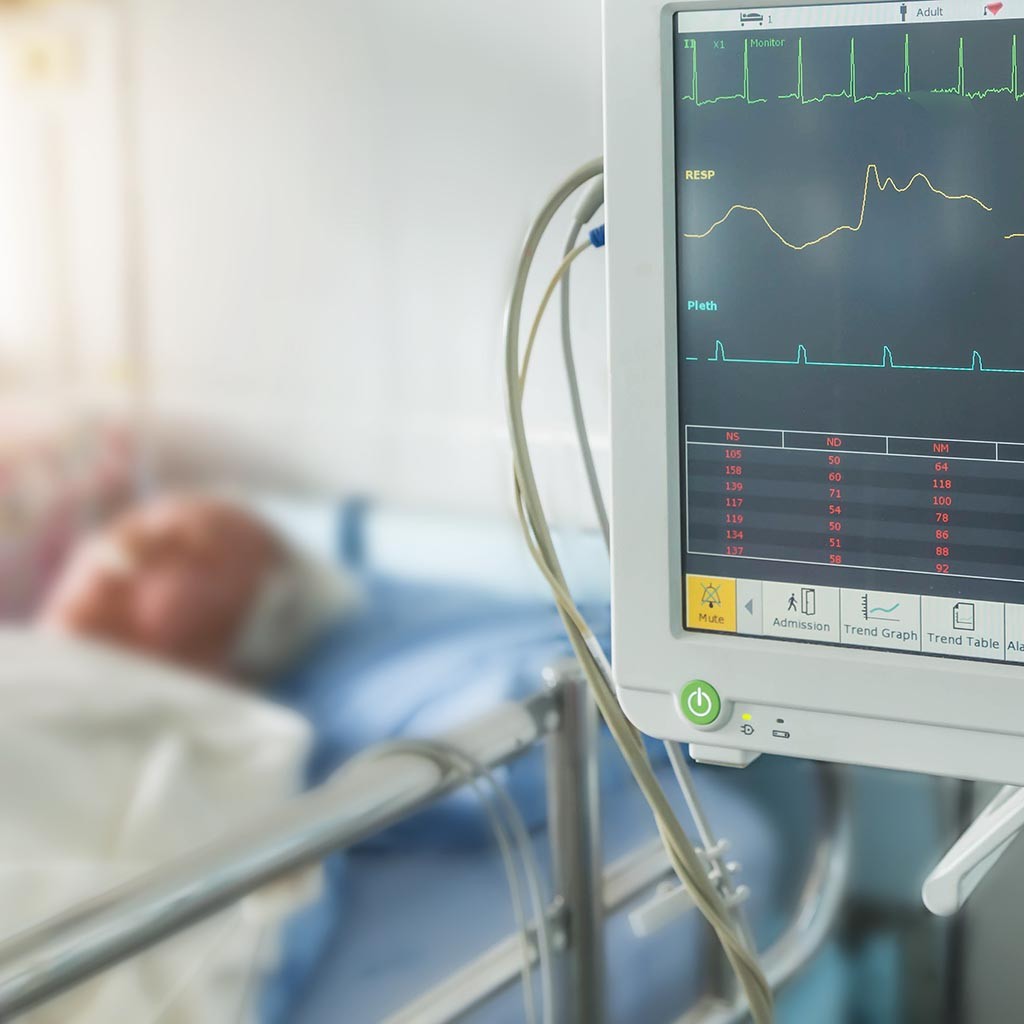The relationship between diabetes and stroke is complex., but population studies suggest that the average rate of stroke per 100,000 people is doubled in those who have diabetes. Those who have high glucose levels also tend to have worse outcomes following stroke.
In recognition of the increased cardiovascular risks (heart disease and stroke) associated with diabetes, as well as seeking to control glucose levels, management of diabetes includes preventative measures such as blood pressure control and provision of statins to lower cholesterol, and lifestyle advice.
We recently acted on behalf a lady who developed type 2 diabetes in her late 60s but was unaware. The diabetes had in part been induced by steroids that our client had been taking for an unrelated condition. When attending her GP, routine bloods were taken and a range of tests were organised including a HbA1c test. HbA1c (glycated haemoglobin) shows average blood glucose (sugar) levels for the last 2 – 3 months, and the results indicated that she was in the diabetic range.
When the result was received our client should have been re-tested, but the results were overlooked by the GP and she was not recalled. Despite attending her GP on several occasions over the following 2 ½ years, and even presenting with classic symptoms associated with diabetes, the original HbA1c was not spotted. By the time the GP decided to retest, our client was found to have an extremely high HbA1c - 3 times higher than the original result. The GP surgery issued an urgent prescription for metformin and arranged to see her at the next diabetic clinic. Very sadly however before she was able to commence taking her medication she suffered a significant ischaemic stroke. An ischaemic stroke occurs when a blood clot blocks or plugs an artery leading to the brain and prevents the flow of blood and oxygen.
She was admitted to hospital very quickly and underwent thrombolysis, which is a treatment which thins the blood and aims to break up blood clots, unfortunately this was not successful. Our client spent many weeks in hospital in rehabilitation before eventually being discharged home. As a consequence of the damaged caused, she has aphasia (difficulty with language and speech) and has right sided upper and lower limb weakness, causing mobility difficulties, and now relies upon her husband for her full time care. Both our client and her husband have had to give up work, and their busy social life, and their lives have been completely transformed.
Tozers were instructed to bring a claim against the GP for substandard medical care. Significant investigations were undertaken, including obtaining expert evidence in what was a highly complex claim, and then allegations were put to the Defendant GP. The GP eventually admitted that he was at fault which led to the delay in diagnosis but would not make a full admission of liability in relation to the injuries our client sustained. We were however eventually able to reach an out of court settlement on our client’s behalf.
How we can help
If you or a family member have been affected by diabetes or a stroke, contact our specialist medical negligence lawyers, we will help you to recover appropriate compensation and secure your future.






